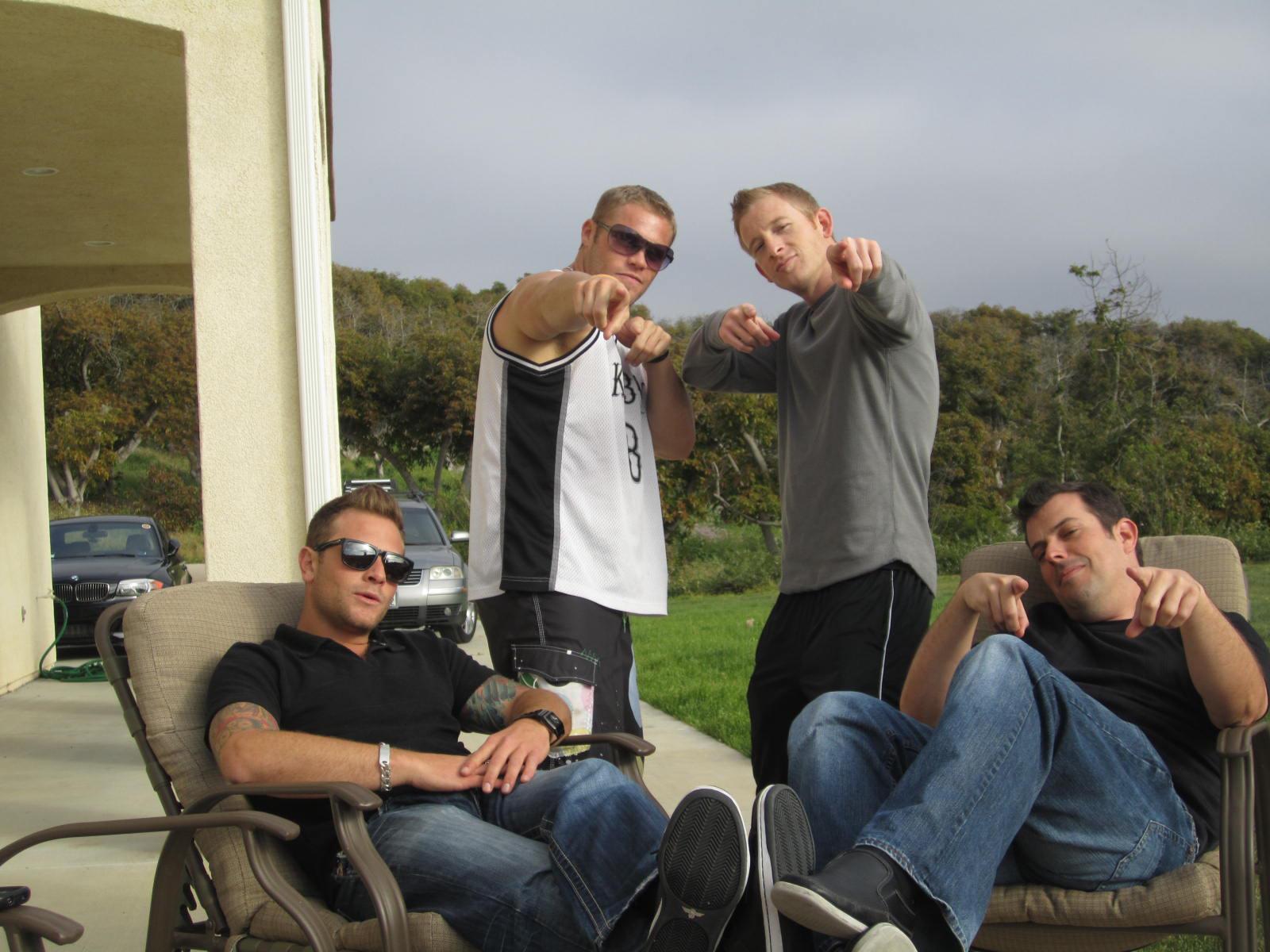It’s not everyday that someone writes about their experience with you, let alone quotes your book that you wrote. When my friend Derek sent me this paper he wrote for his College Psychology Class, I was honored and felt I should share it. Here it is….. Enjoy
Steven E. Wolf
We all seem to have a hero, mentor or leader that we follow throughout our life. No matter what the situation may be we always try to put ourselves in their shoes to make ethical and moral decisions. Steven E. Wolf is a serial entrepreneur, leader and mentor that has changed many people’s lives. He has changed the mind-set of young entrepreneurs and the direction our generation is going in within business and life. Compared with other leaders, Mr. Wolf has impacted the climate around him, created change, impacted group behaviors both good and bad, created and fixed conflict, and impacted the overall performance and development of the groups he is currently engaged in.
Adapting to climate and change is very important in today’s society. Change happens every day and climate that we are engulfed in changes very rapidly as well. Steve Wolf manages change before it’s too late by educating himself, high expectations, making alternative plans, and always re-creating the mission. Steve follows Peter Carruther’s concept when it comes to setting an outcome goal and never turning back until it is accomplished (Garfield, 1987). When some people think of change they tend to put a wall up and try to avoid it. Change is something we all have to learn to deal with and align ourselves with in order to stay within the trends of our environment. Steve understands the rapid changes taking place today, and re-sets his goals and mind-set in order to maximize his performance to gain bigger results. Our climates also become unfamiliar when change occurs, so Steve learns to adapt quickly, relay the message, and bring along his followers. There have been negative climates that Mr. Wolf has created in the past; which caused things to change in a negative way. He was made aware of his mistakes and re-focused, planned, and executed his plan to create a positive climate for his groups (Garfield, 1987).
Group behaviors can change very fast and that is why Steve is one of the leaders that have had success when it comes to creating high impact groups. He understands the impact that his behaviors can have on the people around him. One negative behavior by a leader can trickle down the line throughout the group and cause negative behaviors within the entire group. When comparing Steve Wolf’s behaviors to the leaders in Peak Performance, Aldous Huxley talks about how peak performers handle bad situations or situations that may be too difficult to overcome, but those that are peak performers do whatever it takes to overcome the problem or situation (Garfield, 1987). Steve Wolf always mentions this when he works with groups, and his behavior is correlated to the group’s behaviors. He doesn’t allow conflict to get in the way of pursuing his dreams, and he makes that clear to his groups so they continue to perform at high levels even during conflict. As Steve creates intrapersonal relationships, dedicates time to his work, motivates others, consistently pushing forward, and always setting the example this will have a positive impact on his group’s behavioral habits, overall performance, and organizational conflict (Steven E. Wolf, 2013).
One of Wolf’s strengths is empowering others to produce results; which gains him power. When others produce results Steve knows they are serious. Helping them to develop into peak performers is his main goal, and his leadership ability will help them gain power. His impact is large when it comes to developing a high performing organization. He has had success in many areas that still produce him results. Steve understands the importance of creating a culture that is diverse, cohesive, and confident in their abilities to produce results. Our Nation is leading the world in teamwork and the development of organizations, and Steve Wolf is right there on the upward slope to success. Compared to Maslows Theory Z, Steve’s philosophy on sustaining performance is right on track. He instills confidence and motivation in others to boost their self-esteem and gives them enough knowledge to understand that they are part of a group that needs their skills, abilities, and leadership (Garfield, 1987). Communicating his philosophies to the group enables them to develop into a cohesive team, become better people all aspects of life, and reach peak performance levels. Steven E. Wolf (2013) writes, So the moral of the story is make sure your peer group is one of influence, and that they are a group that is willing to push you and can help get your foot in the door in to areas where you want to be successful, have a great day everyone (p.1).
Many World leaders are looked at as peak performers that are always creating new ideas, and producing new results. That is the path that Mr. Wolf is taking, and won’t give up until he is 100% satisfied with his footprint on this Earth. He has become a peak performer through team work, education, self-mastery, motivation, confidence, and setting goals. Steve has learned to adapt in many different environments, cultures, and climates. His philosophy of perseverance, reaching his dreams, and never giving up on dreams has gotten him to where he is today. The most crucial part to reaching his peak performance has been his ability to plan, evaluate and executive his process, performance, and outcome goals (Garfield, 1987).
Compared to other leaders in the book Peak Performance, Steve Wolf is top of the list. His success so far at such a young age is tremendous, and he will only continue to develop into a better leader. Wolf has made a major impact on the climate around him, created many changes, impacted group behaviors, created and fixed conflicts, and impacted the overall performance and development of the groups he is a part of. Steven E. Wolf (2013) quotes, No path to success is linear; in fact, it’s an incredulous journey of peaks and valleys that is painful at times and downright unbearable at others. That is what my mentors taught me, and I have never forgotten it (p.1).
References
Garfield, C. (1987). Peak Performers: The New Heroes of American Business. New York, NY:
Garfield Enterprises.
Wolf, S.E. (2013). The young entrepreneurs guide to life: Unlocking the mystery to your
success. 2nd Edition.
It is things like this that keep me doing what I’m doing. Thanks Derek, you’re a good friend and I am honored to be a positive part of your life!


